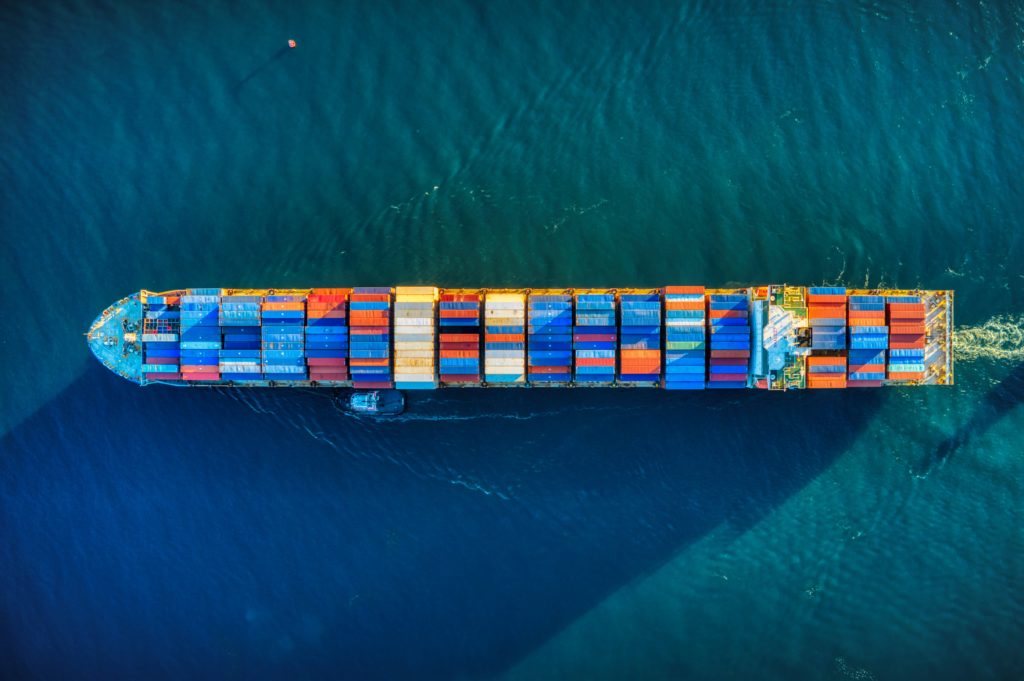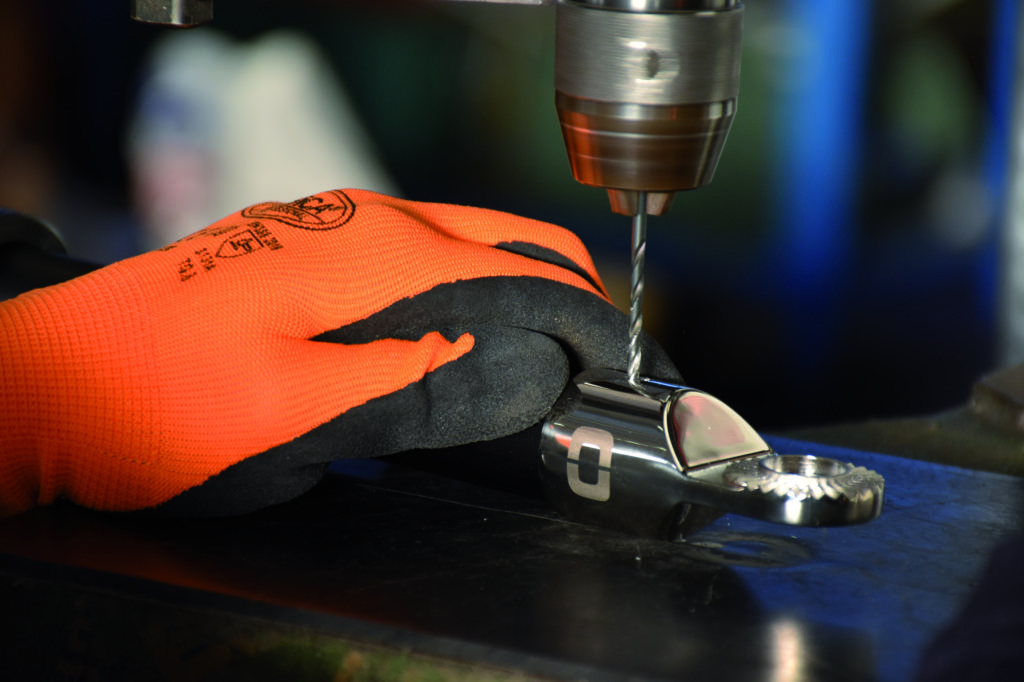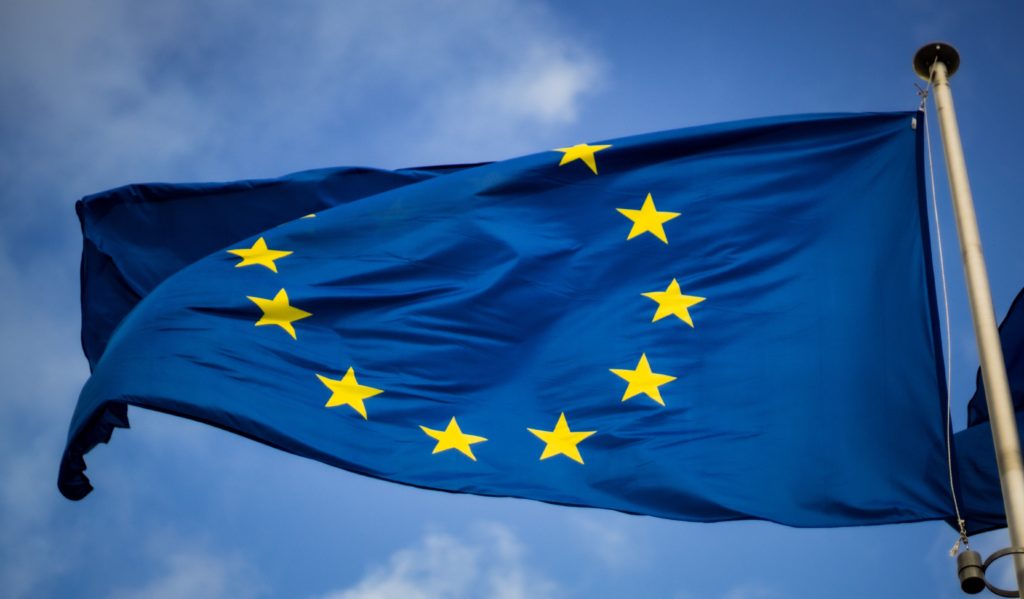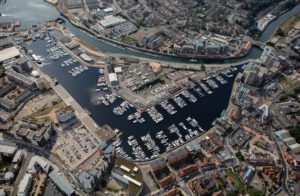Industry focus: the marine industry’s life after Brexit

With an industry centred around imports and exports, Brexit was always going to change the landscape, but how is it playing out in real terms?
In the second issue of Marine Industry News print edition, we are exploring the issues impacting the market today – from the maturation of electric boating to the regional booms and obstacles of different geographical marine markets, and the ramifications of Brexit.
When it finally arrived on 24 December 2020, the EU-UK Trade and Cooperation Agreement garnered a mixed response from the marine industry. While it was broadly acknowledged that any deal was better than none, it was drafted just a week before Britain’s formal withdrawal from the EU and was seen by many as a last-ditch fix. It made explicit reference to the preservation of ‘free trade’ and yet it still marked the end of the UK’s membership of the single market and of the EU Customs Union. That means it also marked the end of the free movement of boats, marine accessories, raw materials and specialist parts between the UK and Europe.

Given that the European Union was (and remains) the UK’s most important trading partner, the response from some business leaders was critical – and ten months down the line, it appears that some of the widely anticipated supply chain issues are continuing to cause problems for the marine industry.
Delays and disruption
Whether you want to import products into the UK from European suppliers or export goods from the UK to European buyers, there are now various controls in place that add time, cost and complication to the process.
More to the point, even if a UK business owner uses a professional freight forwarder and has his VAT and EORI documents fully prepared, that counts for little if the European importer or exporter fails to attend to their own paperwork correctly. While that’s unlikely to feel new to those who are accustomed to dealing with imports and exports from outside of the EU, it seems that even experienced operators are now faced with uncertainty.

In fact, according to Paul Martin, previous owner of BHG Marine and now associate director at First Peninsula Marine, it’s the uncontrollable delays, rather than the inflated costs, that really bite.
“If you’re ordering something for the summer, you don’t want an eight-week delay. You want it in three to four days, otherwise you’ll just go and source it locally. But while we used to be able to ship a 30kg box to Germany or Holland in two days for £15, you’re now talking about a minimum of £70 to £80, as well as a ream of paper to fill out – and it’s a lottery as to whether it even gets there,” says Martin.
Ian Stevenson, north Europe representative for Italian marine accessories giant, Osculati, is in full agreement: “At Osculati, we have 22,000 items, all in stock. But we’re losing customers in the UK left, right and centre. And that’s not so much about the increased price. It’s about the complication and the fear among small businesses in relation to importing stuff from Europe.”

In the short term at least, it would seem that various European companies are equally reluctant, simply ceasing to supply small UK firms because they believe that the pain outweighs the reward. And with easy access to simpler, more reliable and more lucrative destinations for their goods, who can blame them?
Navigating the red tape
In the light of widespread shipment delays, not just from the EU but from around the world, some companies have bowed to the pressure to increase their stockholding at the start of the boating season and that’s had major knock-on effects in terms of finance, storage and insurance.
Others have taken a different approach, appointing middlemen (with varying degrees of success)
to smooth out the paperwork issues on both sides of the border. And others have gone further still, circumventing the potential trouble caused by a single non-compliant item in a large mixed load, by organising their own small shipments and appointing the freight forwarder to take charge of the entire process. Of course, that certainly adds extra expense, but it also helps eradicate the doubt in terms of compliance and delivery dates.
Investment and reward
Perhaps the most proactive approach, however, has been to actively invest in the new trading landscape by setting up branches overseas. This has enabled several UK companies to top up in bulk from their domestic factories and to distribute goods rapidly across the continent whenever needed.
Given that this trend has been matched by increased European investment in UK marine business, it’s perfectly possible (if faintly perverse) that the UK’s withdrawal from the EU might actually encourage more intimate cross-border trading relationships than ever before.

“I know two or three companies that have put shell companies or small warehouses either in Ireland or Holland – just enough to have an address and a business registration overseas,” says Martin. “They can then use that small warehouse to send goods out within the EU quickly, while topping them up from their UK warehouses once a month.”
“Likewise, certain European companies that are experiencing issues getting stuff into the UK will be looking to do something similar – perhaps to invest in a UK company that can still deliver an income and a return on investment but that could also offer something else, alongside their core businesses.”
A brighter future?
Even after the UK’s post-covid spike subsides, supply returns to normal and consumers are no longer expected to compete over minimal stock, it seems certain that we will continue to pay more for our marine products. Until business operators on both sides of the Channel become better acquainted with the new import and export systems, the UK consumer is also likely to see a reduced variety of marine product on the shelves.
And yet, Shaun Parsons, director at PSP Worldwide Logistics, sees the UK’s current difficulties as little more than a period of readjustment: “We’ve gone through lots of struggles before with legislation both here and in other countries over the past 40 years. But we’re all still trading and these little deals that the government is trying to do with Australia, Canada and the Baltic states will also improve things for the future. I certainly see it being a very different place in ten years time.”
Paul Martin is equally upbeat when looking towards the future for marine businesses: “I appreciate that the pain is very real at the moment, particularly for small UK businesses – and that’s not helped by the fact that a bit of ‘post-divorce’ animosity is souring the collaborative efforts of some of our European neighbours. But this is a short-term glitch. It’s going to take 12 to 18 months to get more streamlined and efficient but, assuming there are no more
curve balls, I have no doubt our supply chain issues will sort themselves out.”










